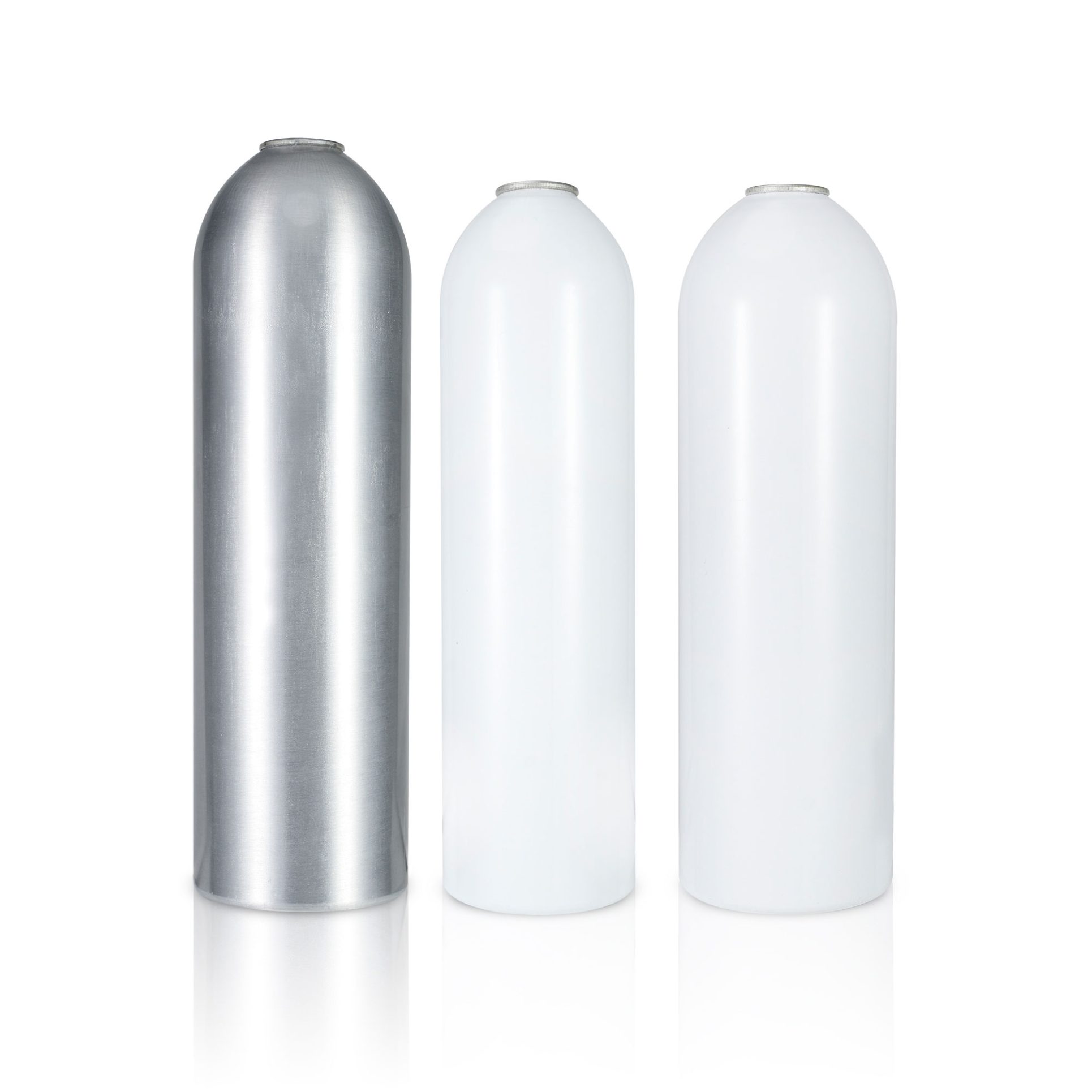Is It Safe to Drink from Aluminum Water Bottles?
1. Does Aluminum Leach into Drinks?
Short Answer: Minimal leaching occurs, but protective coatings prevent direct contact.
Aluminum itself is reactive and can corrode when exposed to acidic liquids (e.g., fruit juice, soda). However, most aluminum water bottles are lined with a food-grade epoxy or polymer coating (e.g., baked enamel) to create a barrier between the metal and the liquid. Reputable brands use coatings certified by regulatory bodies like the FDA or EFSA, ensuring they do not release harmful chemicals under normal use.
Key Fact:
Uncoated aluminum bottles are rare in the market due to corrosion risks. Always check if your bottle has an intact inner coating.
2. Is Aluminum Linked to Health Risks Like Alzheimer’s?
Short Answer: No conclusive evidence ties aluminum exposure from bottles to Alzheimer’s or other diseases.
Decades of studies, including reviews by the World Health Organization (WHO) and Alzheimer’s Association, have found no causal relationship between aluminum intake (via food or drink) and neurodegenerative diseases. The human body naturally excretes small amounts of ingested aluminum through urine.
Science-Based Limits:
- The WHO’s tolerable weekly intake (TWI) for aluminum is 1 mg per kg of body weight.
- A typical aluminum bottle contributes less than 1% of this limit daily, even with minor leaching.
3. Are the Coatings on Aluminum Bottles Safe?
Short Answer: Yes, if the coating is BPA-free and certified.
Early concerns focused on Bisphenol A (BPA), a chemical once used in plastic and epoxy coatings. However, most modern aluminum bottles now use BPA-free coatings (e.g., plant-based resins or acrylics). To ensure safety:
- Look for labels like “BPA-Free,” “Non-Toxic Coating,” or certifications such as USDA BioPreferred.
- Avoid bottles with scratched or peeling coatings, as damaged layers may expose aluminum.
4. How Do Aluminum Bottles Compare to Stainless Steel or Plastic?
Short Answer: Aluminum is lightweight and eco-friendly but requires careful maintenance.
| Material | Pros | Cons |
|---|---|---|
| Aluminum | Lightweight, recyclable, affordable | Coating may degrade over time |
| Stainless Steel | Durable, no coating needed, rust-resistant | Heavier, higher cost |
| Plastic | Cheap, lightweight | May leach chemicals, environmental impact |
5. How to Use Aluminum Bottles Safely
Follow these tips to minimize risks:
- Avoid Acidic or Hot Drinks: Do not store lemon water, coffee, or soda for extended periods.
- Hand Wash Only: Dishwashers can degrade coatings.
- Inspect Regularly: Replace bottles with scratched or damaged interiors.
- Choose Trusted Brands: Examples include S’well, Hydro Flask, and Klean Kanteen.
Aluminum Bottles Are Safe When Used Properly
Aluminum water bottles are a safe, eco-friendly alternative to plastic if they have intact, certified coatings. While no material is perfect, aluminum’s lightweight design and recyclability make it a practical choice for daily hydration—provided users follow care guidelines.




